

Can Texans be charged with DWI while riding a horse? Our law firm explains what the law actually says about this surprising question.
Stories of Texans riding home after a night out—on horseback rather than behind the wheel—are becoming social media gold. And trust us, we’ve seen just about everything at Howard Lotspeich Alexander & Williams, PLLC (HLAW).
Texans riding horses after a night out often become social media sensations.
But what does Texas law actually say about intoxicated riders on horseback or other means of transportation? And, what penalties or criminal charges could you face in these unique situations?
What the Law Actually Says (Texas Penal Code §49.04)

Texas Penal Code §49.04(a) is clear:
“A person commits an offense if the person is intoxicated while operating a motor vehicle in a public place.”
Intoxication in Texas is defined in §49.01(2) as:
“Not having the normal use of mental or physical faculties by reason of the introduction of alcohol, a controlled substance, a drug, a dangerous drug, or a combination thereof; or having a BAC of 0.08 or higher.”
The key is what counts as a “motor vehicle.”
Texas Penal Code §49.01(3) (by way of §32.34(2)) defines a motor vehicle as: “A device in, on, or by which a person or property is or may be transported or drawn on a highway, except devices used exclusively on stationary rails or tracks.”
Does a Horse Count as a Motor Vehicle in Texas?
 Although a horse can transport people on a public highway, it is not a device in the mechanical sense. For this reason, courts and prosecutors in Texas should not treat intoxicated horseback riding as a DWI offense.
Although a horse can transport people on a public highway, it is not a device in the mechanical sense. For this reason, courts and prosecutors in Texas should not treat intoxicated horseback riding as a DWI offense.
Other states differ widely. Florida, for instance, interprets “vehicle” broadly and has upheld DUI convictions for drunk horseback riders. California applies DUI laws to anyone riding an animal on a road. Texas maintains the stricter “motor vehicle” definition, so a DWI charge should not apply to riding a horse home aftera night out.
Related Offenses for Intoxicated Riders
But just because DWI doesn’t apply in Texas, that doesn’t mean you can ride your horse drunk without potential consequences:
Public Intoxication (Texas Penal Code §49.02):
“A person commits an offense if the person appears in a public place while intoxicated to the degree that the person may endanger the person or another.”
- This law applies no matter your mode of transport—horse, bicycle, or even walking.
- Public intoxication laws apply regardless of your mode of transport.
Animal Cruelty (Texas Penal Code §42.092):
Endangering or abusing an animal due to intoxication could result in additional charges.
Child Endangerment (Texas Penal Code §22.041):

Transporting a child while intoxicated, regardless of vehicle, can result in felony charges.
DWI Penalties for Motor Vehicles vs. Horseback
Motor vehicle DWI brings serious penalties in Texas:
- First offense: Up to 180 days in jail, fines, and one-year license suspension.
- Second offense: Fines, up to 1 year in jail, and two-year suspension.
- Third offense: Heavy fines, 2-10 years in prison, and permanent record.
For drunk riders on horses, public intoxication is a class C misdemeanor, often punished with fines but still carrying potential criminal record consequences, especially if repeated or if other aggravating factors (like injury or animal abuse) are present.
BWI, DWI on Golf Carts, and More
Boating While Intoxicated (BWI) (§49.06):
If you’re operating a motorized boat while intoxicated, you will be charged with BWI, formally defined in Texas Penal Code §49.06.
Golf Carts & ATVs:
If it’s motorized and driven on a public roadway, you can absolutely be charged with DWI.
Bicycles:
Although unlikely, it is possible under the current broad definition of “motor vehicle” that someone who is intoxicated on a bicycle could possibly be charged with DWI. It’s most likely in that scenario the person would be charged with public intoxication or disorderly conduct.
In Texas, intoxication laws extend beyond cars to boats, golf carts, and potentially even bicycles.
Quick Reference Table
Policy Rationale and Best Practices
Texas statutes draw a distinction based on public safety: motor vehicles present greater risk than horses, but intoxicated riders still face legal and even potential civil consequences. The law’s intent is to protect lives and property while recognizing unique Texas traditions.
Frequently Asked Questions
Q: Can I legally ride my horse home after drinking?
A: You shouldn’t be charged with DWI, but public intoxication, animal cruelty, or other charges could still result.
Q: What about riding a golf cart?
A: DWI absolutely applies if you’re operating any motor vehicle—including golf carts—on public roads.
Q: Is boating treated differently?
A: Yes, BWI is a separate criminal charge under Texas law.
Q: What if I cause a crash or injure someone on a horse?
A: Civil liability and criminal charges could still arise, even if DWI doesn’t technically apply.
Best Practices for Texans
Avoid operating any transport while impaired, motorized or not. If cited, consult a qualified defense attorney; definitions matter greatly for your future record. Educate yourself on the DWI statute and related laws (see more articles from our website about DWI). Remember that public intoxication, animal cruelty, child endangerment, and even reckless driving can have life-altering consequences. Always prioritize safety and responsible decision-making when it comes to operating any form of transport.
Bottom line
While you can’t get a DWI on a horse in Texas, you can be prosecuted for public intoxication, animal endangerment, and related offenses. Public safety—and your legal future—deserve attention.
Charged or Arrested? What To Do
If you are cited or arrested for any intoxication offense (or related criminal offense), whether DWI, BWI, or public intoxication, contact our qualified and experienced defense attorneys immediately. Legal definitions matter and so does your defense— and an experienced lawyer can protect your record.
At Howard Lotspeich Alexander & Williams, PLLC (HLAW) we offer free case evaluations and consultations. If you find yourself in a situation where you’ve been charged with a crime, contact our office today to get started on your best defense with a team that is experienced and proven.

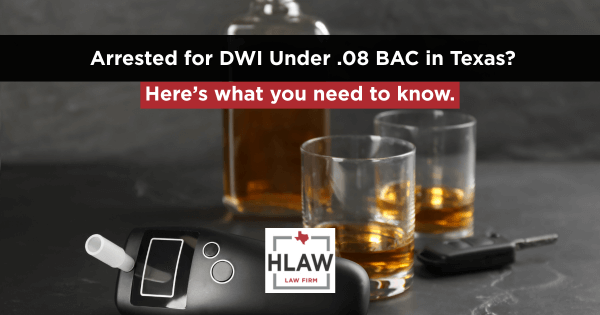

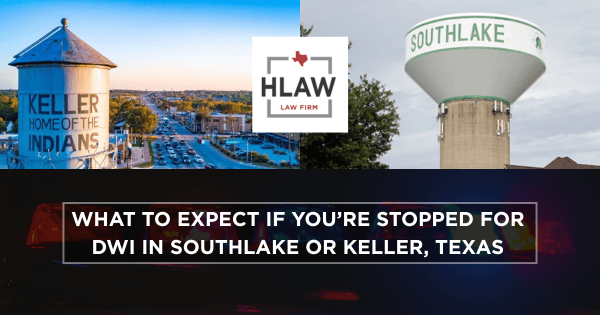

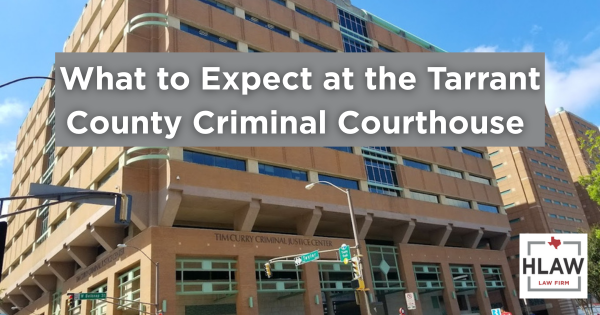

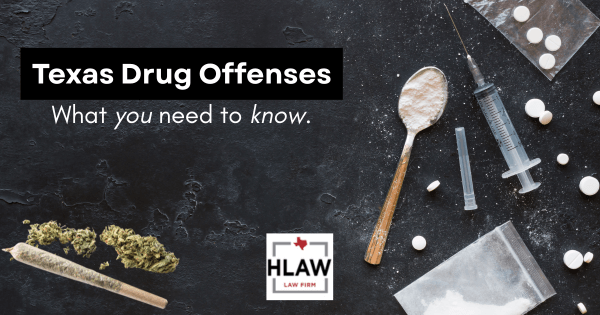
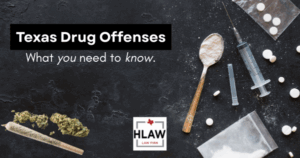
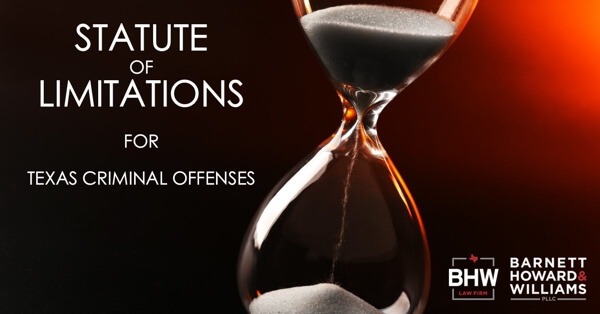
 Texas law sets out the statute of limitations, the period during which formal charges must be brought against a defendant for most offenses. These time periods range from two years to over twenty years, and for some offenses there is no limitation period at all. The applicable limitation period depends on the particular offense that is alleged.
Texas law sets out the statute of limitations, the period during which formal charges must be brought against a defendant for most offenses. These time periods range from two years to over twenty years, and for some offenses there is no limitation period at all. The applicable limitation period depends on the particular offense that is alleged.
 Finding those blue and red lights in your rearview mirror is never ideal. If it’s a
Finding those blue and red lights in your rearview mirror is never ideal. If it’s a 
 Independence Day is right around the corner. You will probably start seeing the notices spread across social media from local police departments, warning that setting off fireworks (including sparklers) is illegal inside of city limits. We know that you’re probably going to do it anyway (so are we), but we wanted to let you know what Texas law provides regarding fireworks on the 4th of July.
Independence Day is right around the corner. You will probably start seeing the notices spread across social media from local police departments, warning that setting off fireworks (including sparklers) is illegal inside of city limits. We know that you’re probably going to do it anyway (so are we), but we wanted to let you know what Texas law provides regarding fireworks on the 4th of July.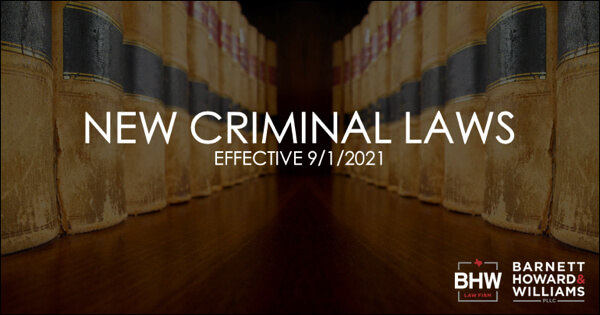
 The 2021 Texas legislative session has now closed and there were several updates to our criminal statutes. Below are some of the more notable changes or additions to Texas criminal laws that took effect on September 1, 2021:
The 2021 Texas legislative session has now closed and there were several updates to our criminal statutes. Below are some of the more notable changes or additions to Texas criminal laws that took effect on September 1, 2021:





